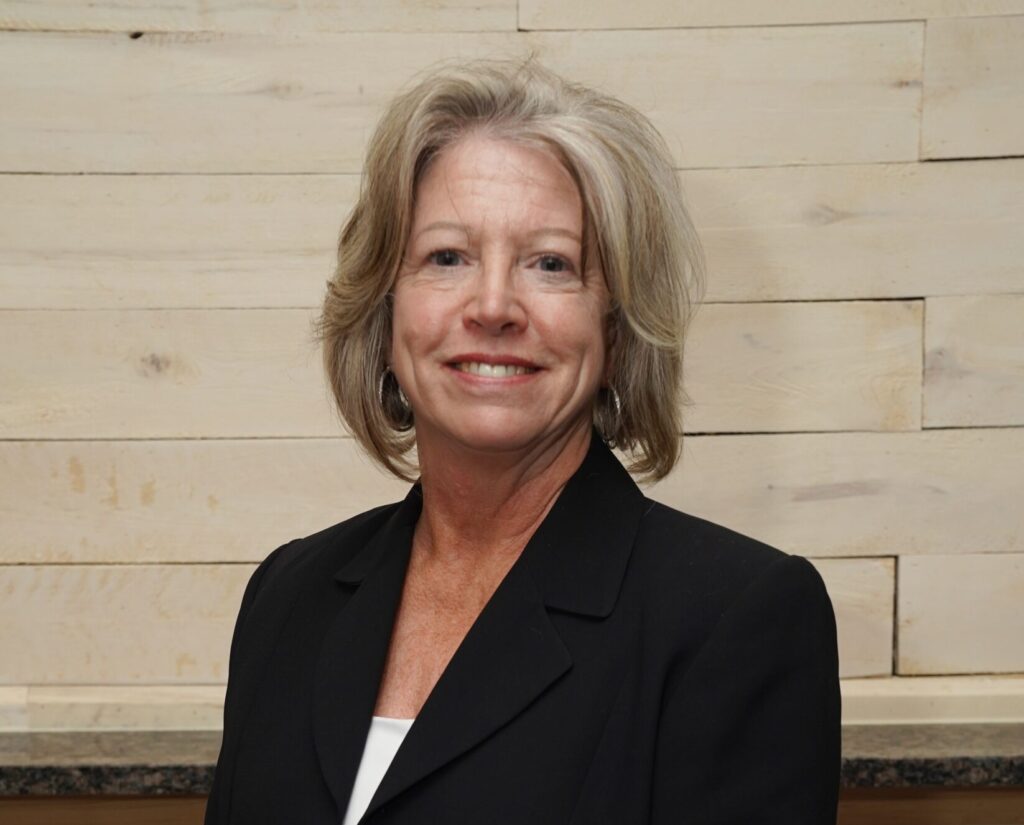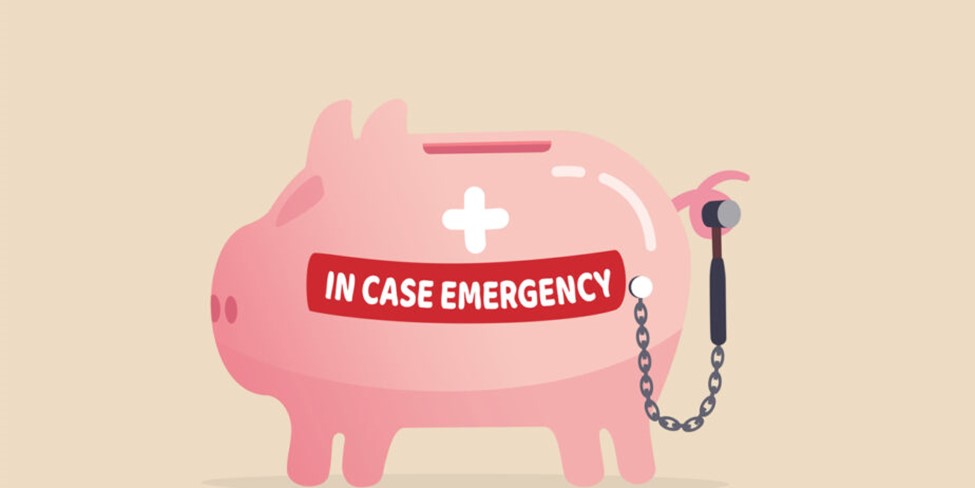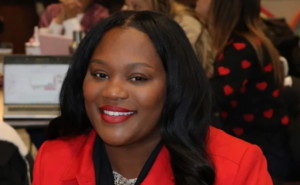Ask the Expert With Annemarie Shinn: What Is an Emergency Fund?

BY ANNEMARIE SHINN | 1166 Federal Credit Union
“If only I set up an emergency fund when 1166 FCU told me to!”
To stop these words from ever coming out of your mouth, I’ll give you the rundown on this extremely helpful and proactive saving solution.
But first, picture this. Your car breaks down this weekend. It’s going to cost a pretty penny to get it fixed but you don’t get paid until next Friday and you’re strapped for cash. You need your car as soon as possible to get to work this week. Where do you get the money to cover the urgent repairs?
Before your blood pressure gets any higher, let me introduce you to my little friend, the emergency fund.
WHAT IS AN EMERGENCY FUND?
To quote the Alight Blog, an emergency fund is “a separate pool of money designated specifically to cover or offset expenses associated with an unforeseen situation.” The car broke down, a medical emergency occurred, you got laid off, etc. An emergency fund is there to prepare for these events so you don’t have to scramble and stress about money when they do.

Without an emergency fund to support financially challenging, unexpected situations, you could be faced with a wall of debt. The inability to recover from financial shock can set off a chain reaction like falling dominos. For example: you couldn’t cover the car repairs so you took out a loan.
While you’re working on paying back your loan, you’re hit with a medical emergency. Now you have to manage your medical expenses, your loan payments, and all other regular spending at one time. That’s not an ideal situation to be in. To avoid relating to this tale, follow the steps below.
HOW DO I START AN EMERGENCY FUND?
Starting an emergency fund is easy to do, especially with 1166 FCU, but let’s take a moment to think practically about what an emergency fund might look like for you.
DECIDE ON A PRACTICAL SAVINGS GOAL
The amount of money you should dedicate to your emergency fund varies from person to person. For example, a full-time worker with a family to support is likely going to save differently than a person with a part-time job and no kids.
Set practical goals that fit your budget and begin with small saving targets. We suggest saving enough to cover three to six months of living expenses, but start out saving up to cover one month or two weeks. Refer to your budget and see what regular contribution you can make, whether that’s $100/month or $50/paycheck. The amount will change depending on your circumstances, but any contribution is helpful.
MONITOR YOUR SAVINGS
You have your goal. Now how are you going to make it happen? To begin, factor emergency savings into your monthly budget. That way you can account for that change and make the necessary spending and saving adjustments.
Consider setting up automatic daily, weekly, or monthly transfers from your checking account to your emergency savings account. However, be mindful of whether you have a sufficient checking account balance to do this. If you don’t, you may have to pay overdraft fees.
Additionally, if you think the amount of money you dedicate to your emergency fund will fluctuate over time, manual transfers may fit your budget better.
Remember to stick to your goal. While the process may seem slow, you will be extremely grateful for the saving habits you make now.
EMERGENCY FUND VS SAVINGS ACCOUNT
We recommend you put your emergency fund into its very own savings account. That way you don’t mix your emergency savings with your savings for things like a car or college, and you can earn interest at the same time.
Here’s my advice: create an emergency savings fund separate from your other accounts, remember it when you contribute to it, and then low-key forget about it until the next contribution or an emergency occurs. That way, you’re not tempted to use those funds for things that aren’t an emergency.
Note to self: Craving a coffee from Starbucks is not an emergency as much as it feels like it. Stay strong, my friends.
REACHING YOUR SAVING GOALS
Once you’ve saved enough money to cover three to six months of living expenses, you can continue contributing to your emergency fund or allocate that money to other areas such as a Roth IRA or saving for a house. Replenish your emergency fund if you use it and adjust your saving goals as necessary.
GET STARTED
Contact us to create an emergency fund with 1166 FCU today! Browse our website for more information or contact us at (856) 542-9241 to speak to a member of our team.
EDITOR’S NOTE: Annemarie Shinn is the CEO of 1166 Federal Credit Union in Swedesboro. This is sponsored content focusing on financial education and literacy. Next column will be May 7.
Follow Us Today On:
Note from AC JosepH Media: If you like this story and others posted on Front Runner New Jersey.com, lend us a hand so we can keep producing articles like these for New Jersey and the world to see. Click on SUPPORT FRNJ and make a contribution that will go directly in making more stories like this available. Thank you for reading!




